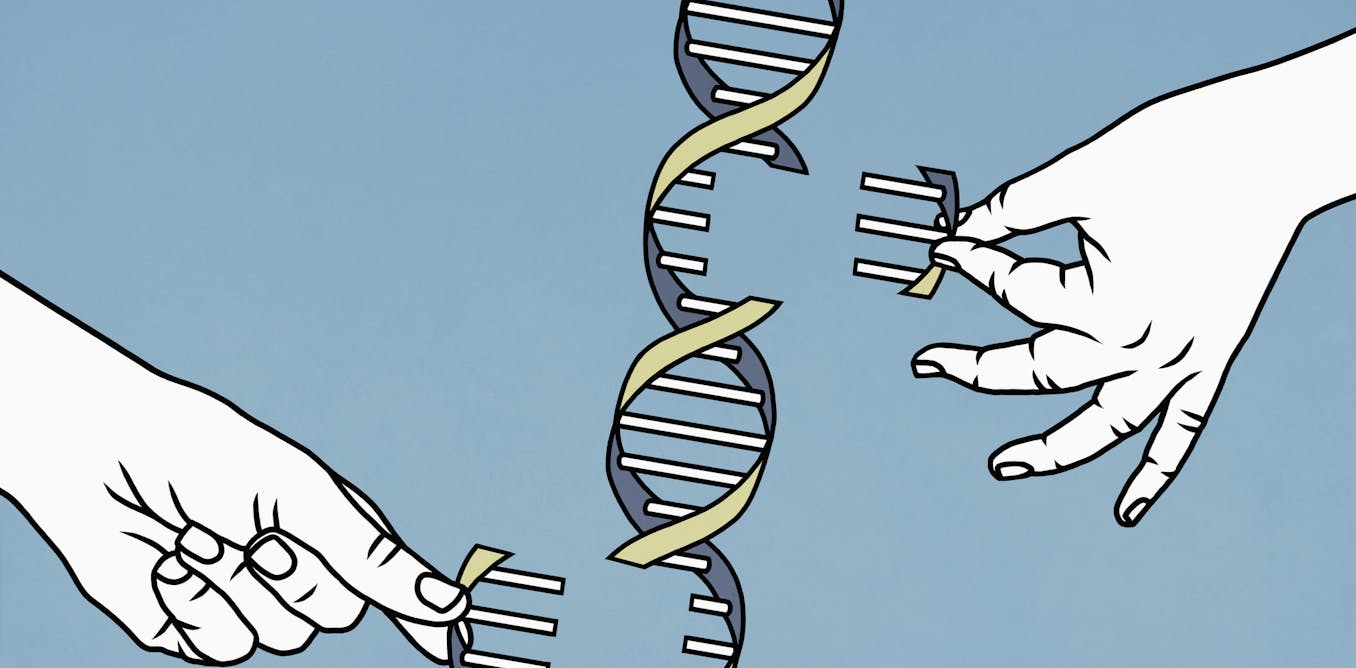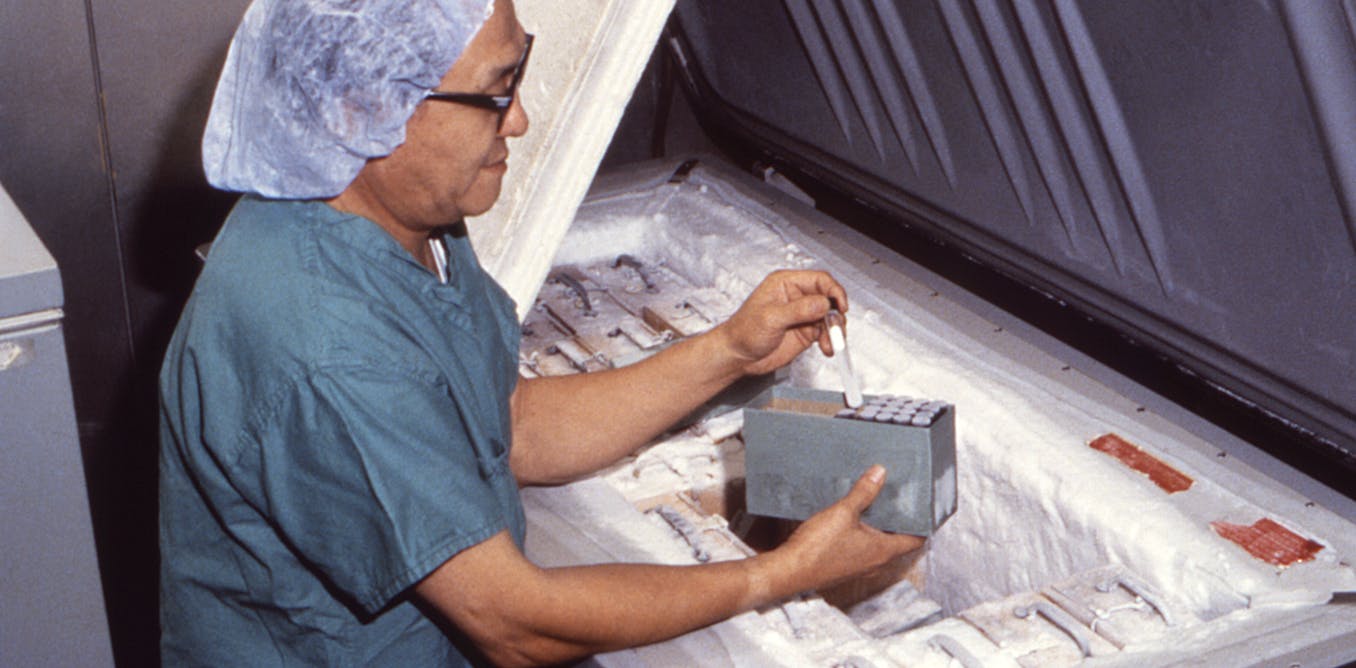Largest study of whole genome sequencing data reveals new clues to causes of cancer
DNA analysis of thousands of tumours from NHS patients has found a ‘treasure trove’ of clues about the causes of cancer, with genetic mutations providing a
April 21, 2022 • ~4 min








